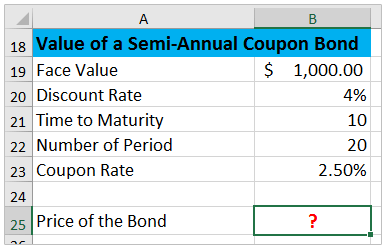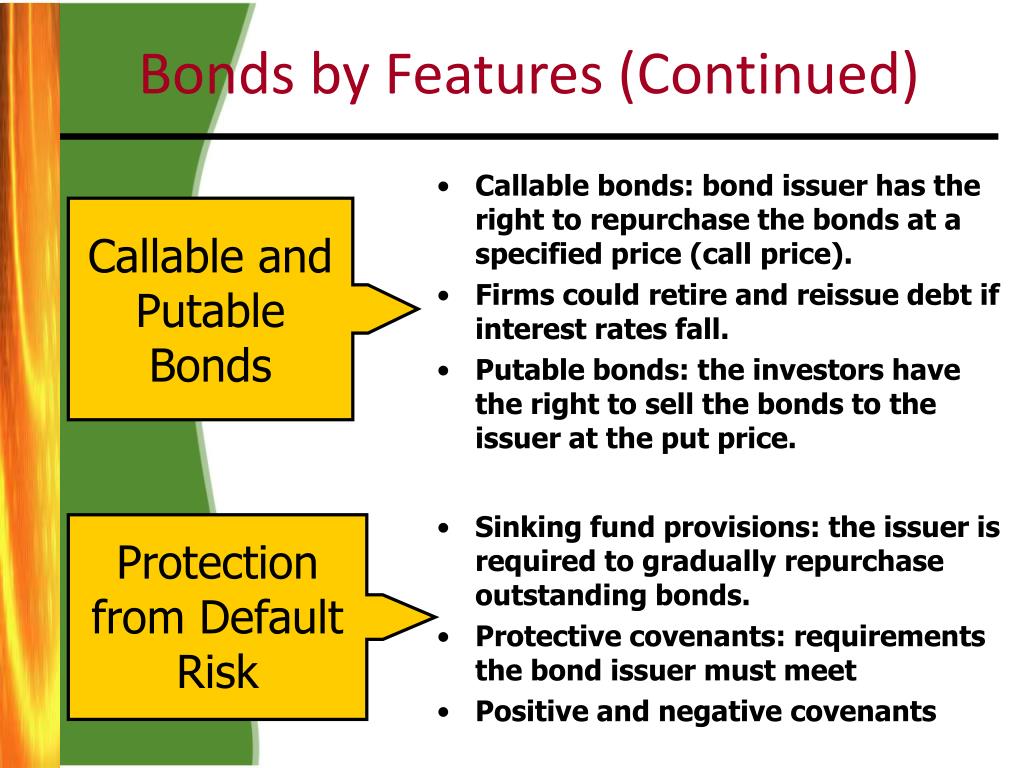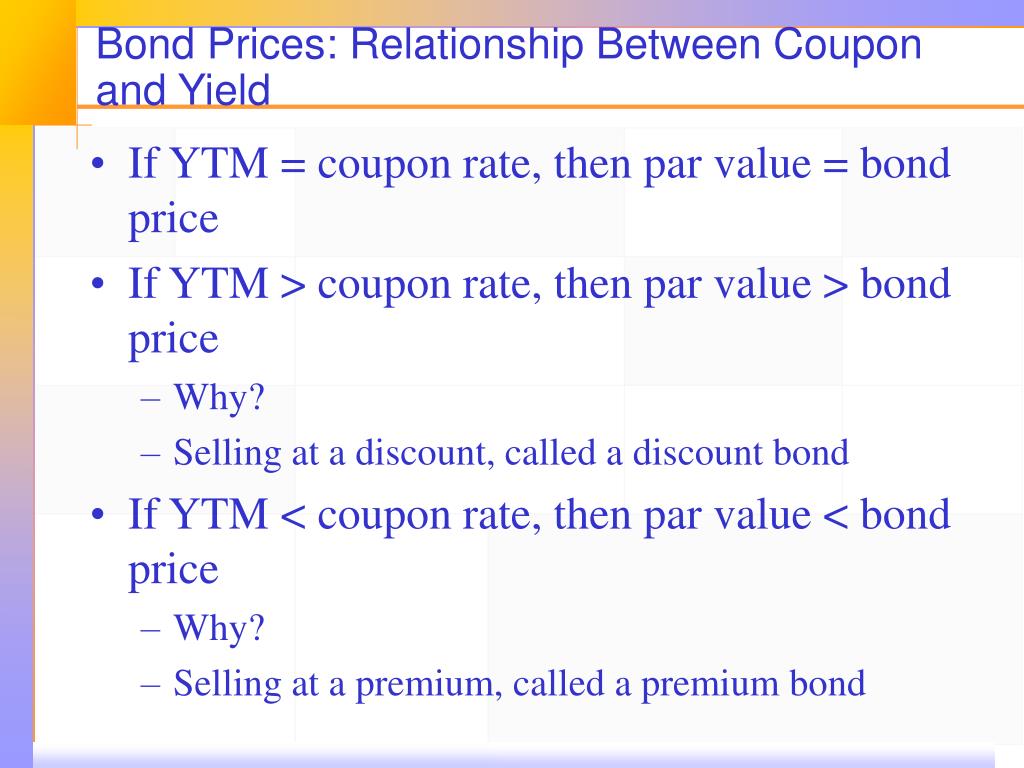45 coupon vs zero coupon bonds
Zero-Coupon Bonds: Pros and Cons - Management Study Guide Higher Yields: Firstly, zero-coupon bonds are perceived as higher-risk bonds. This is because investors pay money upfront and then do not have much control over it. Also, since the money is locked in over longer periods of time, the perceived risk is more. What is the difference between a deep-discount bond and zero-coupon ... Answer (1 of 6): Zero coupon bonds are sold with a discount from their actual face value and do not yield periodic/yearly interest payments. Usually bonds have a definite interest rate mentioned with their names. For an example, lets say you buy normal bonds. 500, 10% bonds with a face Value ...
What is the difference between a zero-coupon bond and a regular ... - Quora Simple, zero coupon bonds are sold at significantly lower prices or at deep discounts- say a bond with a face value of $1000 will sell for lower than its face value say $750. So at maturity while the investor would not receive any interest, he will receive the full face value of the bond. Profit=$1000-$750=$250 (Numbers are meant purely
Coupon vs zero coupon bonds
Zero Coupon Bond | Investor.gov Zero coupon bonds are bonds that do not pay interest during the life of the bonds. Instead, investors buy zero coupon bonds at a deep discount from their face value, which is the amount the investor will receive when the bond "matures" or comes due. Advantages and Risks of Zero Coupon Treasury Bonds Zero-coupon bonds are also appealing for investors who wish to pass wealth on to their heirs but are concerned about income taxes or gift taxes. If a zero-coupon bond is purchased for $1,000 and... › zero-coupon-bondZero Coupon Bond (Definition, Formula, Examples, Calculations) = $463.19. Thus the Present Value of Zero Coupon Bond with a Yield to maturity of 8% and maturing in 10 years is $463.19. The difference between the current price of the bond, i.e., $463.19, and its Face Value, i.e., $1000, is the amount of compound interest Compound Interest Compound interest is the interest charged on the sum of the principal amount and the total interest amassed on it so far.
Coupon vs zero coupon bonds. Zero Coupon Bonds Explained (With Examples) - Fervent The only thing they do pay is the Par (aka "face value") when the bond matures. Put differently, a zero coupon bond is a bond that doesn't pay any interest. Instead, it only pays a lump-sum payment at the end of the bond's life. That is, at its maturity or expiration date; i.e., the date when the bond matures or expires. What is a Zero-Coupon Bond? - Robinhood A zero-coupon bond is different from other bonds in that it doesn't result in recurring interest income for the bondholder. Instead, the owner buys the bond at a discount. Then when the bond reaches maturity, the profit for the investor is the difference between the purchase price of the bond and its face value (aka par value). The investor ... Understanding Zero Coupon Bonds - Part One - The Balance Here are some general characteristics of zero coupon bonds: Issued at deep discount and redeemed at full face value Some issuers may call zeros before maturity You must pay tax on interest annually even though you don't receive it until maturity Zero coupon bonds are more volatile than regular bonds Should I Invest in Zero Coupon Bonds? | The Motley Fool So for instance, a 10-year zero coupon bond priced when prevailing yields were 3% would typically get auctioned for roughly $750 per $1,000 in face value. The $250 difference would essentially...
What is a Zero Coupon Bond? Who Should Invest? | Scripbox A coupon is an interest the bond issuer pays the bondholder. Coupon payments happen periodically from the time of issuance of the bond until its maturity. A zero coupon bond is a type of fixed income security that does not pay any interest to the bondholder. It is also known as a discount bond. Zero Coupon Bond - QS Study Tax. A zero coupon bond (also called a discount bond or deep discount bond) is a bond bought at a price lower than its face value, with the face value repaid at tile time of maturity; it does not make periodic interest payments or has so-called coupons," hence the term zero coupon bond. When the bond reaches maturity, its investor receives ... Zero Coupon Bond | FXCM Markets By contrast, a traditional US$1,000 bond with a 3% coupon is offered at US$1,000, and the investor receives coupon payments equivalent to 3% every year until the bond matures, at which time the investor gets his US$1,000 back. Zero coupon bonds allow investors to pay a sharp discount to the eventual maturity value of the bond. Zero Coupon Bond: What is it? | Wall Street Oasis A Zero-Coupon Bond also called a pure discount bond or deep discount bond is a
Zero-Coupon Bond - Definition, How It Works, Formula A zero-coupon bond is a bond that pays no interest and trades at a discount to its face value. It is also called a pure discount bond or deep discount bond. U.S. Treasury bills are an example of a zero-coupon bond. Summary A zero-coupon bond is a bond that pays no interest. The bond trades at a discount to its face value. How to Buy Zero Coupon Bonds | Finance - Zacks The less you pay for a zero coupon bond, the higher the yield. A bond with a face value of $1,000 purchased for $600 will yield $400 at maturity. Zero coupon bonds are issued by the Treasury... Difference Between a Zero Coupon CD & a Bond - Zacks Differences: Interest Repayments and Return on Investment The repayment of interest on a bond will depend on the terms set out in the bond agreement itself, but they're usually paid out... How Do Zero Coupon Bonds Work? - SmartAsset A zero coupon bond differs from regular bonds in that they do not pay income in the form of coupons. We explain how it works and where to invest in them. Menu burger Close thin Facebook Twitter Google plus Linked in Reddit Email arrow-right-sm arrow-right Loading Home Buying Calculators How Much House Can I Afford? Mortgage Calculator Rent vs Buy
› terms › zZero-Coupon Bond Definition - Investopedia Nov 11, 2021 · Zero-Coupon Bond: A zero-coupon bond is a debt security that doesn't pay interest (a coupon) but is traded at a deep discount, rendering profit at maturity when the bond is redeemed for its full ...
Zero-Coupon Bonds and Taxes - Investopedia The difference between a regular bond and a zero-coupon bond is the payment of interest, otherwise known as coupons. A regular bond pays interest to bondholders, while a zero-coupon bond does not...
› premium-vs-discount-bonds-417066New Investor's Guide to Premium and Discount Bonds Oct 31, 2021 · There is more going on with bonds than this simple scenario. Bonds can become premium or discount bonds. They could trade above or below their par value while bond traders attempt to make money trading these yet-to-mature bonds. A premium bond trades above its issue price. This is called its par value. A discount bond does the opposite.
efinancemanagement.com › sources-of-finance › bondsAll the 21 Types of Bonds | General Features and Valuation | eFM Jun 13, 2022 · In the US, Government dealer firms usually break down a coupon-bearing bond into a series of zero-coupon bonds by considering each cash flow as a separate bond. For example, a 5-year semiannual coupon-bearing bond can be split into 10 zero-coupon bonds with coupon amount as face value and 1 zero-coupon bond with the principal amount as the face ...
What Is a Zero-Coupon Bond? | The Motley Fool Zero-coupon bonds make money by being sold to investors at substantial discounts to face value. Zero-coupon bonds compensate for not paying any interest over the life of the bond by being available...



Post a Comment for "45 coupon vs zero coupon bonds"